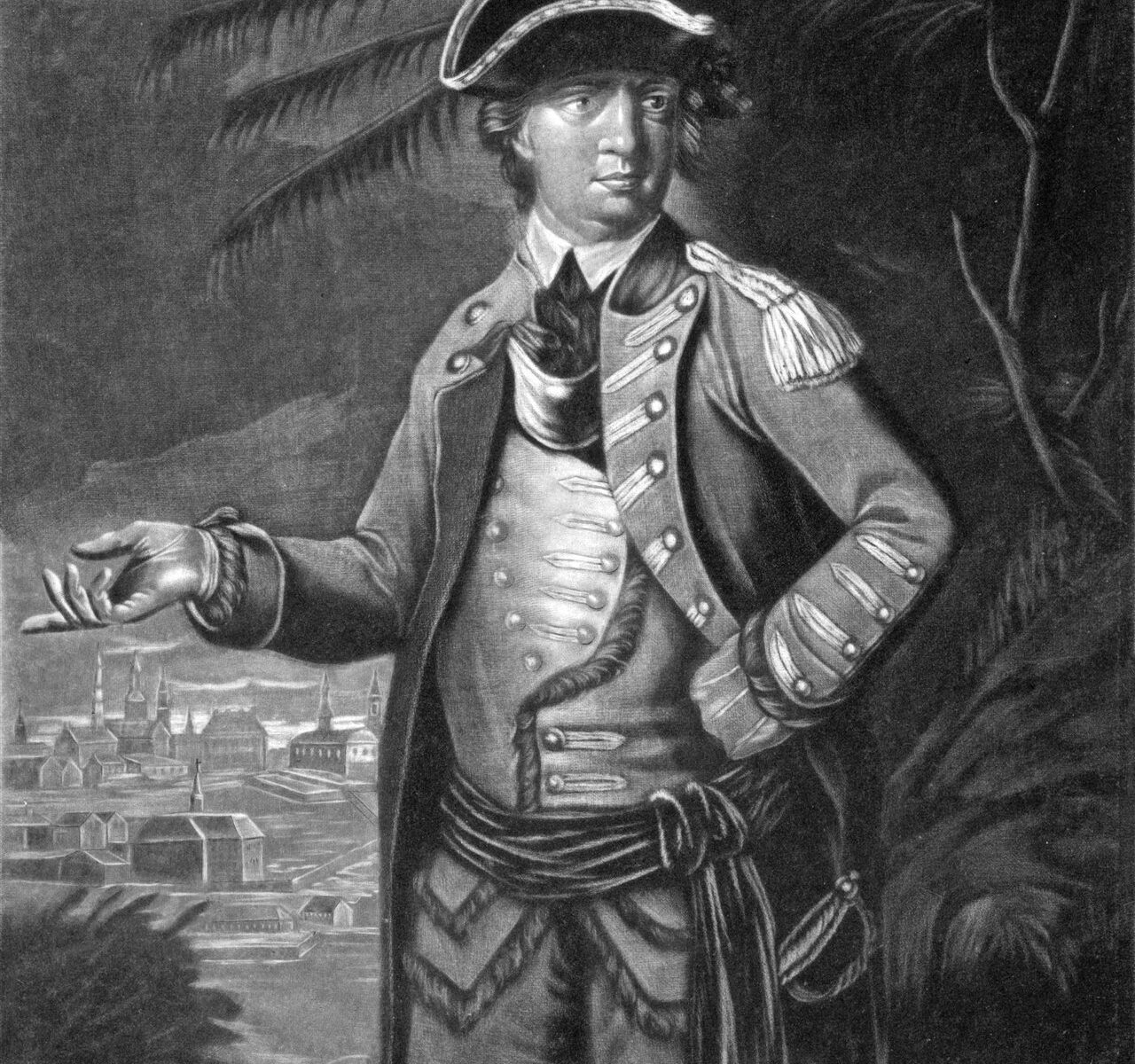2023-10-27T08:57:00

(BPT) – Benedict Arnold is America’s most infamous traitor. His final plan was to turn West Point over to the British and assist them in capturing George Washington. If successful, it would have likely ended the Revolution and led to the death of Washington and others.
He was a bad guy and he did it for money. At the same time, he was treated badly by many of America’s leaders and that drove him into the arms of the British.
Stephen Yoch’s latest book, “Becoming Benedict Arnold,” shows how Arnold was pushed to treason. Yoch does not excuse Arnold, but shows how Arnold was attacked and betrayed by fellow revolutionaries who made him reconsider his devotion to the Cause and strike back against all those who had wronged him.
ARNOLD’S JERKS
Arnold was one of the first to embrace the Revolution. A member of the Sons of Liberty, he attended the first Continental Congress and recruited a regiment in Connecticut which he led to bolster the American forces surrounding Boston.
Yoch explains that almost immediately, he encountered individuals who were dishonest, cowardly or treacherous. Unfortunately, that pattern continued throughout the Revolution. Here, Yoch breaks down the key people who influenced Arnold’s actions to shed light on his experience:
Ethan Allen
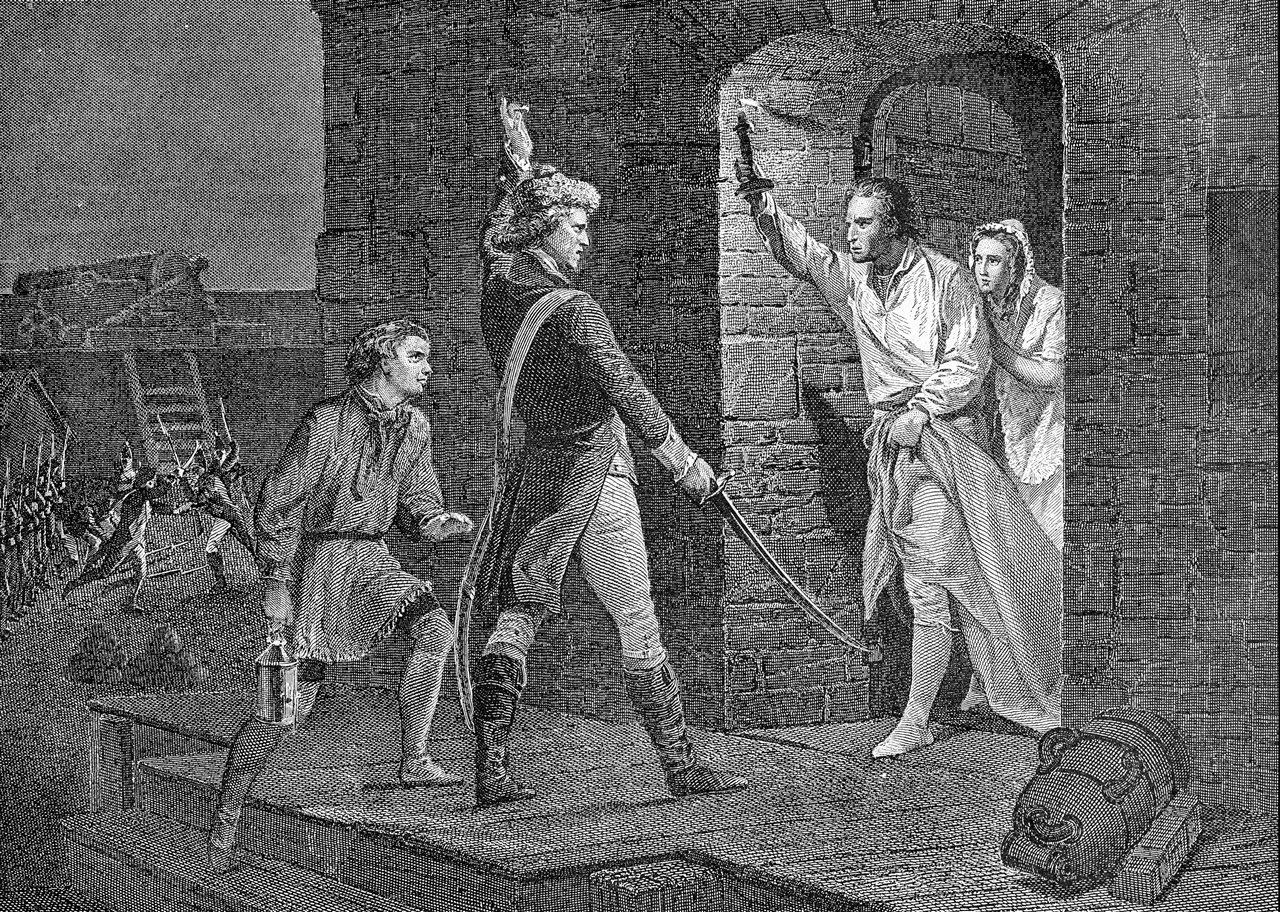
Allen and Arnold both had the same goal of taking Fort Ticonderoga at the beginning of the Revolution. However, after the battle, Allen engaged in a disinformation campaign asserting that he alone had attacked the fort. Allen discounted and lied about Arnold’s participation both in Congress and newspapers.
In contrast, Arnold truthfully recounted Allen’s participation, notwithstanding the misbehavior of Allen and his troops. Between 1780 and 1783, Allen and his brother participated in negotiations with the governor of Quebec with the goal of establishing Vermont as a separate British province. While he was never formally charged, these treasonous actions were consistent with the deceitful treatment of Arnold at Ticonderoga.
John Brown
Arnold met Brown as Arnold was heading north to assist in the taking of Fort Ticonderoga. Despite the success of the raid, Brown repeatedly challenged Arnold’s authority and even lied in pamphlets accusing Arnold of misusing funds later during Arnold’s Canadian campaign.
Roger Enos
Arnold led 1,000 men through the Maine wilderness to attack Quebec. One of his commanders, Enos, led the rear guard as they crossed the Maine mountains in terrible weather. Arnold ordered Enos to send a portion of the supplies so Arnold could continue the invasion. Instead, Enos disobeyed orders, kept all the supplies and returned to Boston, leaving Arnold and his men to suffer death and starvation.
Horatio Gates
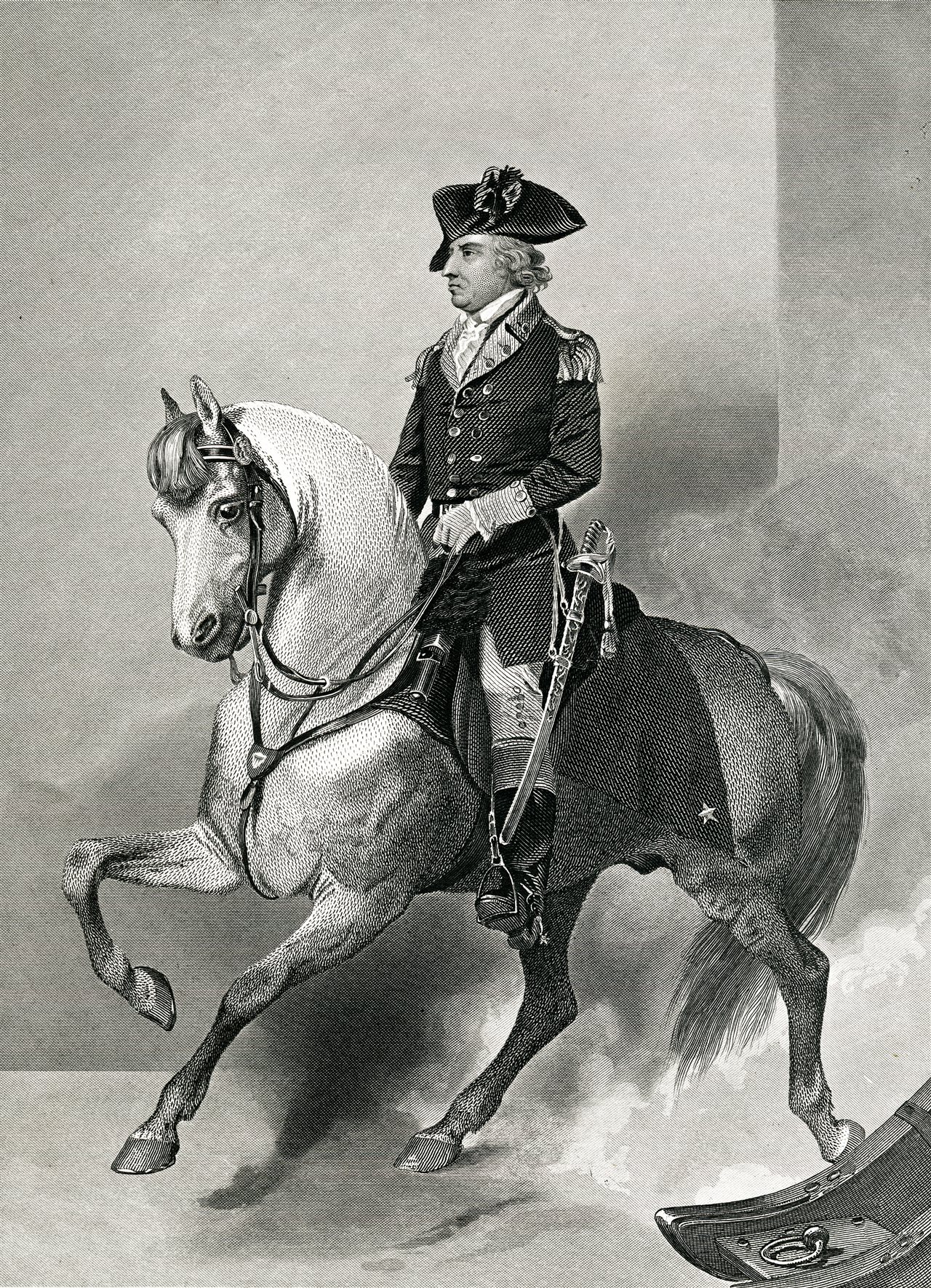
Gates was on George Washington’s staff when Arnold met him. Arnold viewed Gates as a trusted confidant and mentor. However, as Arnold’s battlefield successes continued to mount, Gates became increasingly jealous and engaged in a whispering campaign, undermining Arnold’s standing in Congress and delaying his promotions.
By the tie of the Battle of Saratoga, Gates refused to acknowledge Arnold’s bravery at the Battle of Freeman’s Farm and even stripped him of command. Only after a petition supporting Arnold was submitted by most of the officers under Gates’ command was Gates forced to partially back down.
Nevertheless, when Arnold was severely wounded at the Battle of Bemis Heights, Gates downplayed Arnold’s heroism. Following the Battle of Saratoga, Gates was implicated in the Conway Cabal where he and others tried to replace Washington. In 1780, Gates took command of the southern forces, but was soundly defeated at the Battle of Camden and he permanently fell out of favor.
James Wilkinson
Wilkinson was a trusted aide de camp during Arnold’s brave march through the Maine wilderness to attack Quebec. Wilkinson later left Arnold’s service and became an aide to Gates. Wilkinson constantly undermined Arnold leading up to the Battle for Saratoga. Wilkinson played a major role in the Conway Cabal to replace George Washington. Wilkinson was forced to resign in March of 1778. The dishonorable Wilkinson later committed perjury at the trial of Aaron Burr.
Joseph Reed
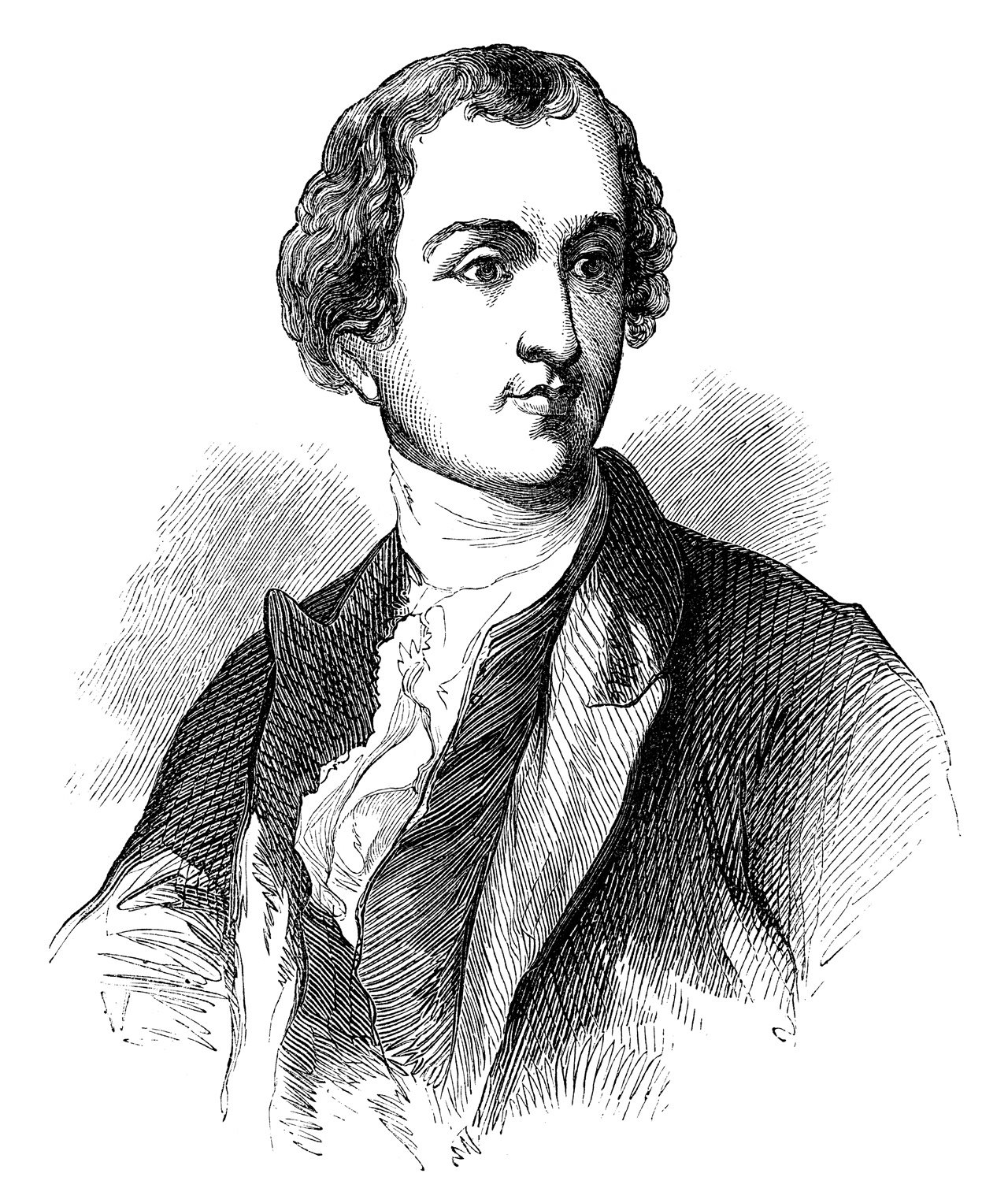
After the Battle of Saratoga, Arnold was made Commander of American Forces in Philadelphia. Reed had returned to Philadelphia after serving as an aide de camp to Washington. Washington discovered that Reed had been conspiring with his political rival General Charles Lee by openly expressing doubts about Washington’s decision making. When Reed arrived in Philadelphia, he was elected President of the Supreme Executive Council of Pennsylvania.
An extreme puritan, Reed viewed Arnold’s use of the Penn Mansion and other facilities previously used by the British occupiers as Arnold’s tendency toward being a monarchist and supporting an eventual military take-over by Washington and his military elite. Reed and his cronies used every opportunity to attack Arnold and ultimately brought charges against him for his (albeit questionable) financial activities. As much as anyone, it was Reed and his actions that pushed Arnold toward treachery.
John Adams

While in Congress, Adams alternately supported and attacked Arnold. Early in the Revolution, it became clear that Arnold was one of the most able and brave generals entitled to be promoted to Major General. However, because of political intrigue which limited the number of major generals per state, Adams and others refused to allow Arnold to be promoted, notwithstanding Washington’s strenuous endorsements.
Adams viewed Washington’s desire to promote Arnold as a “strike against him” because Adams wanted to demonstrate the military’s subservience to the will of Congress. When Arnold complained, Adams and others said that Arnold’s “self-love was injured in a fanciful light which is incompatible with the general interest of the Union.”
Nevertheless, Adams would praise Arnold after his bravery at the Battles of Ridgefield and Saratoga and defend him against John Brown’s pamphlets, noting that Arnold had “been basely slandered and libeled.” Adams’ constantly shifting positions — in one instance supporting and in another condemning Arnold — were viewed as hypocritical to the inflexible and politically naïve Arnold.
George Washington
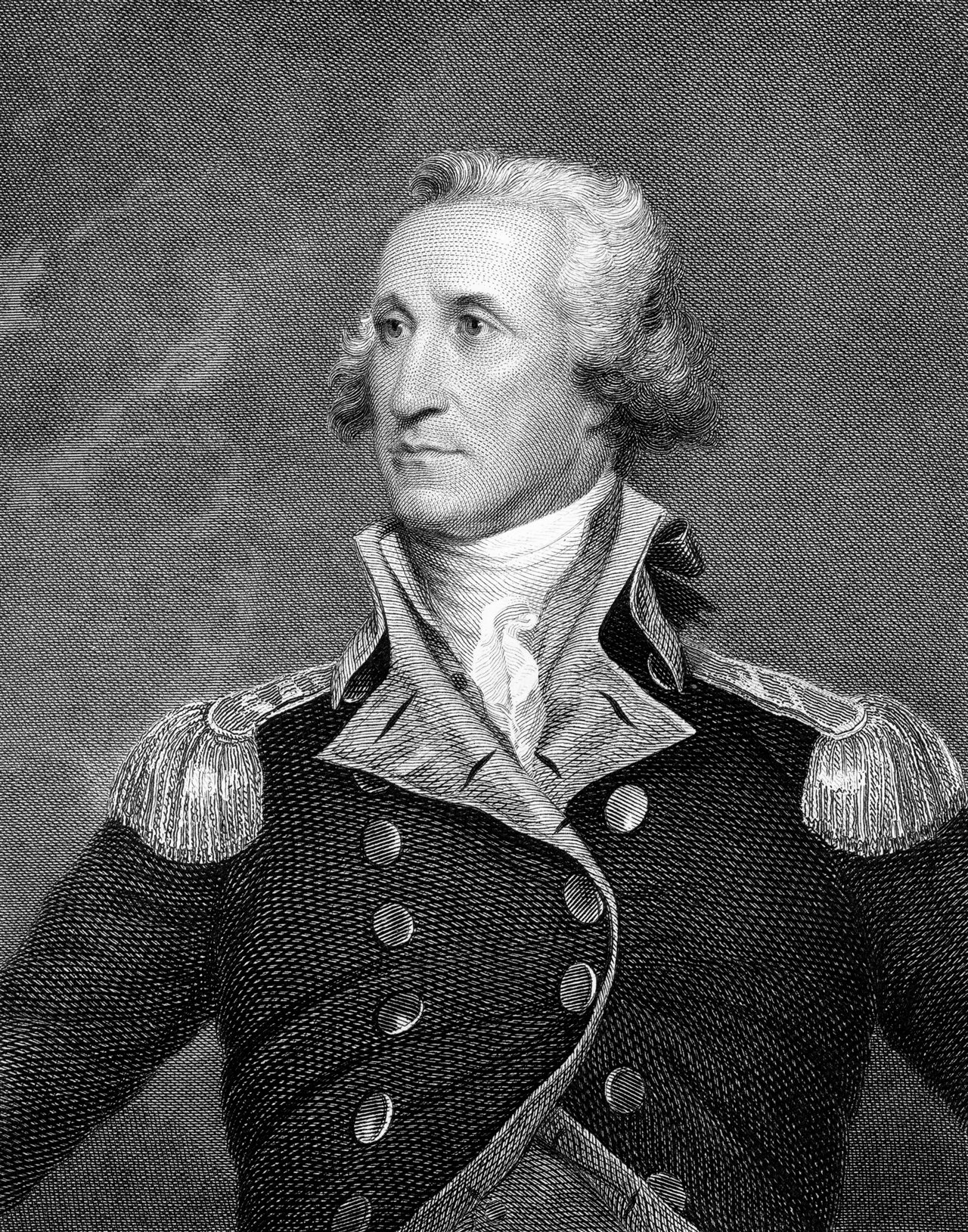
Washington was Arnold’s benefactor and mentor. From the outset of the Revolution, Washington guided Arnold and repeatedly sent him into the fray as Washington’s most active, brave and brilliant general. After Arnold was injured at Saratoga, Washington, in one of the most catastrophic blunders of the Revolution, sought to “reward” Arnold by sending him to Philadelphia as a military commander. Philadelphia had become a cesspool of political intrigue, pitting radical revolutionaries against anyone who failed to meet their rigorous standards.
Arnold was viewed as a protégé of Washington and was immediately attacked for his fairness to Loyalists and Quakers, as well as his use of former British occupied facilities — most notably the Penn Mansion. Arnold almost immediately recognized the assignment was a “terrible fit.” Rather than removing Arnold, Washington kept him in the position subjecting Arnold to continuous and vicious political attacks by Joseph Reed and his cronies.
Moreover, when Reed brought his charges against Arnold, Washington could have assisted Arnold, but he did not offer political protection of any kind. Following a trial engineered by Reed and others, Arnold was publicly admonished for his actions. Washington’s disastrous appointment of Arnold and his failure to defend him were the last straws for Arnold and one of the main reasons he went to the British. Put simply, the mentor and father figure that Arnold trusted most refused to stand beside him.
SHAPING OF ARNOLD’S CHARACTER
Yoch notes that we are all products of the people and events (good and bad) that shape our character. When the Revolution began, Arnold was a wealthy man and an enthusiastic supporter of the Cause. Unfortunately, he was connected throughout the Revolution with people who mistreated him, betrayed him or violated his trust.
Some people could have taken such maltreatment in stride, but Arnold lacked the temperament, upbringing and experience to view peoples’ actions toward him in a broader context. Instead, always a man of action, he joined the British in an attempt to lash out and seek vengeance against all those that had wronged him in the course of the Revolution.
“While his actions were ultimately reprehensible, and thankfully unsuccessful, he was driven to commit treason by a remarkable group of a**holes,” said Yoch.
For more information and to order “Becoming Benedict Arnold,” visit Amazon.com.


